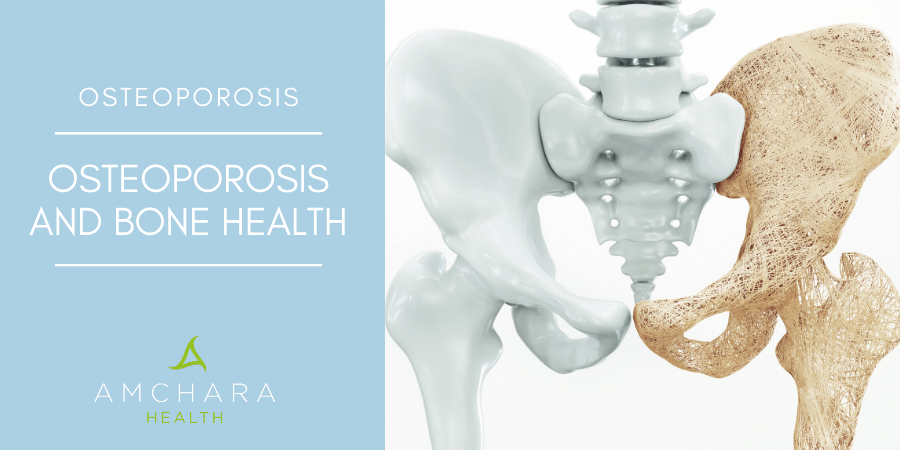Topics Covered in this article:
Asthma affects around half a million people in the UK and conventional treatments are often centred around medication to modify the airways and inflammation.
An inflammatory condition involving an increased responsiveness of the respiratory tract, leading to constriction of the airways and difficulty breathing, asthma can be life threatening if not managed effectively. Common symptoms include wheezing, coughing, breathlessness and a tightness in the chest.
Many factors are involved in the development or exacerbation of asthma and making several changes to reduce or avoid these factors may give better management of the condition.
We always take an evidence-based approach and aim to provide you with actionable knowledge and tips to help you on your journey to optimal health and in this article we look at natural ways to manage asthma.
Beneficial steps to take include the following:
Reduce inflammation
Inflammation is a natural immune response that is over active in conditions like asthma. Adopting an anti-inflammatory lifestyle may significantly impact asthma symptoms. Nutritional changes, with a focus on anti-inflammatory foods, has been shown to be a beneficial step to take:
- Eat 8-10 portions of fruit and vegetables each day – a diet high in fruits and vegetables reduces the symptoms of asthma (1). This may be down to the rich variety of potent antioxidants like vitamin C, carotenoids and flavonoids that may positively influence inflammation. Eating a wide variety of different types of fruit and vegetables, with an emphasis on vegetables, ensures many different types of nutrients are provided. Fruit and vegetables are also high in potassium. Low potassium and increased sodium are linked with more severe asthma symptoms (2). Apples, red grapes, kale and onions contain a flavonoid called quercetin – including these in the diet regularly seems to lower the incidence of asthma (3). Quercetin has potent antioxidant and anti-inflammatory properties and may also reduce histamine (4). Dark green leafy vegetables are good sources of magnesium, known to be a relaxant. Intravenous magnesium is used in emergency situations in asthma attacks. Keeping a good daily intake can help to maintain magnesium levels.
- Balance omega-3 and omega-6 – these two essential fatty acids compete for the same enzyme and too much omega-6, as found in the modern Western diet, can reduce conversion of the more potent anti-inflammatory omega-3. A diet higher in omega-3 has been shown in studies to benefit asthma and response to indoor pollution (5). Omega-3 fatty acids may work in several ways including reducing pro-inflammatory messengers called cytokines (6). Omega-3 intake can be increased by including oily fish such as salmon, mackerel, trout, sardines and pilchards at least twice a week. Walnuts, chia seeds, flax oil and hemp oil also contain omega-3 fatty acids. To reduce your omega-6 intake, avoid processed and packaged foods which can be laden with omega-6.
- Minimise saturated fats – red meat, dairy and processed foods are high in saturated fats. An increased intake of saturated fats has been linked to increased asthma symptoms (7) and a low saturated fat and dairy intake has been shown to give improvements.
- Include spices – turmeric and ginger are not only tasty but have potent anti-inflammatory actions. Turmeric has been shown to improve asthma control (8) and ginger may reduce symptoms (9).
- Eat good fibre – a low fibre diet is linked to more severe asthma. One of the most beneficial approaches to eating, the Mediterranean diet, is rich in good sources of fibre including fruits, vegetables, legumes and whole grains. In fact, the Mediterranean diet has been shown to be supportive of asthma prevention.
Change your environment
Air pollution, grass pollen, house dust mites and pet hairs can contribute to the symptoms of asthma by provoking an immune reaction which may lead to increased inflammation.
Whilst it may not be possible to move to a new house, or away from the city or town, there are some changes that can easily be made:
- Ensure all bedding, carpets and upholstery are cleaned regularly and damp dust surfaces to prevent dust settling.
- Wash bedding and fabrics on a hot wash of 60°C or more to kill off dust mites.
- Keep room temperature on the cooler side – 16 to 18°C – as dust mites thrive in warmer, humid environments.
- Relocate pets that may be contributing to the problem, this can significantly reduce symptoms for some people.
- During the high pollen season keep windows closed and avoid going out in the warmest part of the day. A natural barrier like a beeswax balm can be applied under the nose and on the top lip to ‘catch’ any pollen particles before they are inhaled. Taking a shower and changing clothes after being outside can also help.
- Clean air filters in air conditioning units, heaters or air purifiers regularly to prevent recirculating irritants.
- Seek cleaner air such as in the countryside or wear a face mask if venturing out into heavily polluted environments like the city. Avoid exercising in urban areas.
Avoid chemicals and other irritants
Chemicals have been linked to the exacerbation of asthma and in particular, phthalates found in plastics are known to contribute. We are exposed to a high level of toxic chemicals in today’s world and it can feel hard to avoid them, but taking the following steps can reduce your exposure.
- Choose natural toiletries. The ingredients list of many commercially available shampoos, conditioners, soaps, deodorants and hair products often resembles a chemistry experiment. Choose chemical free toiletries with natural oils and plant extracts.
- Swap conventional cleaning products for more natural ones – vinegar can be a useful window cleaner, bicarbonate of soda and lemon juice work a treat on stains and Soapnuts are a chemical free and environmentally friendly laundry detergent.
- Swap female hygiene products like tampons and sanitary pads for a menstrual cup or organic cotton tampons or pads. This can cut back on exposure to toxins like phthalates.
- Use glass water bottles and food storage tubs instead of plastic.
- Use beeswax food covers instead of plastic film.
- Choose organic food which contain less chemical pesticides and fertilisers.
Takeaway
Asthma can cause a significant reduction in quality of life, but taking simple steps to manage asthma naturally may ease the symptoms.
If you would like to know more about asthma and factors that may be involved, a one-to-one consultation with an experienced Amchara Personalised Health practitioner can give you insight and identifty a specific way forward to help you on your journey to optimal health.
We’re dedicated to providing you with both insightful information and evidence-based content, all orientated towards the Personalised Health approach.
Did you find this article useful?
We would love to know your thoughts.
With your comments we’d love to continue the conversation.
Let us know your top tips to help with asthma.
Read this next:




